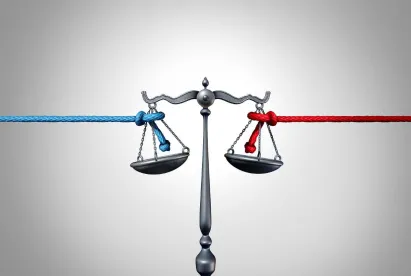The Securities and Exchange Commission new "clawback" rules were approved on a divided vote. The two Republican members of the Commission, Hester M. Peirce and Mark T. Uyeda voted against adoption. Tomorrow's election will not result in an immediate change in the members of the Commission but might lead to the elimination of the new rules.
The key to the possible elimination of the new rules is found in the following statement buried in the nearly 300 page adopting release:
Pursuant to the Congressional Review Act, the Office of Information and Regulatory Affairs has designated these rules a “major rule,” as defined by 5 U.S.C. 804(2).
Long-time readers will recall that a decade ago, I floated the possible elimination of the SEC's resource extraction rule under the Congressional Review Act. Under the CRA, Congress and the President can void a rule adopted by a federal agency. For this to happen, both houses of Congress must pass a resolution disapproving the rule and either the President signs the resolution or both houses override a veto. If this happens, the agency may not republish the rule in the same form without Congressional approval. Lo and behold that is exactly what happened seven years later. See H.R.J. Res. 41, 115th Cong. (2017) (enacted). Eventually, the SEC managed to adopt a new rule, which the SEC contended was not in "substantially the same form".
We don't know the outcome of tomorrow's election, but if Republicans take control of both houses of Congress, it is possible that the SEC's clawback rules will be targeted for disapproval under the CRA. President Biden could, of course, decline to sign the resolution and then it would be up to Congress to override the veto. Timing is also an issue and the parliamentary rules are complicated. I am trying to elicit an unofficial estimate of timing from the Congressional Research Service. Ultimately, the House and Senate parliamentarians will be the final arbiters of the timing question.



 />i
/>i

